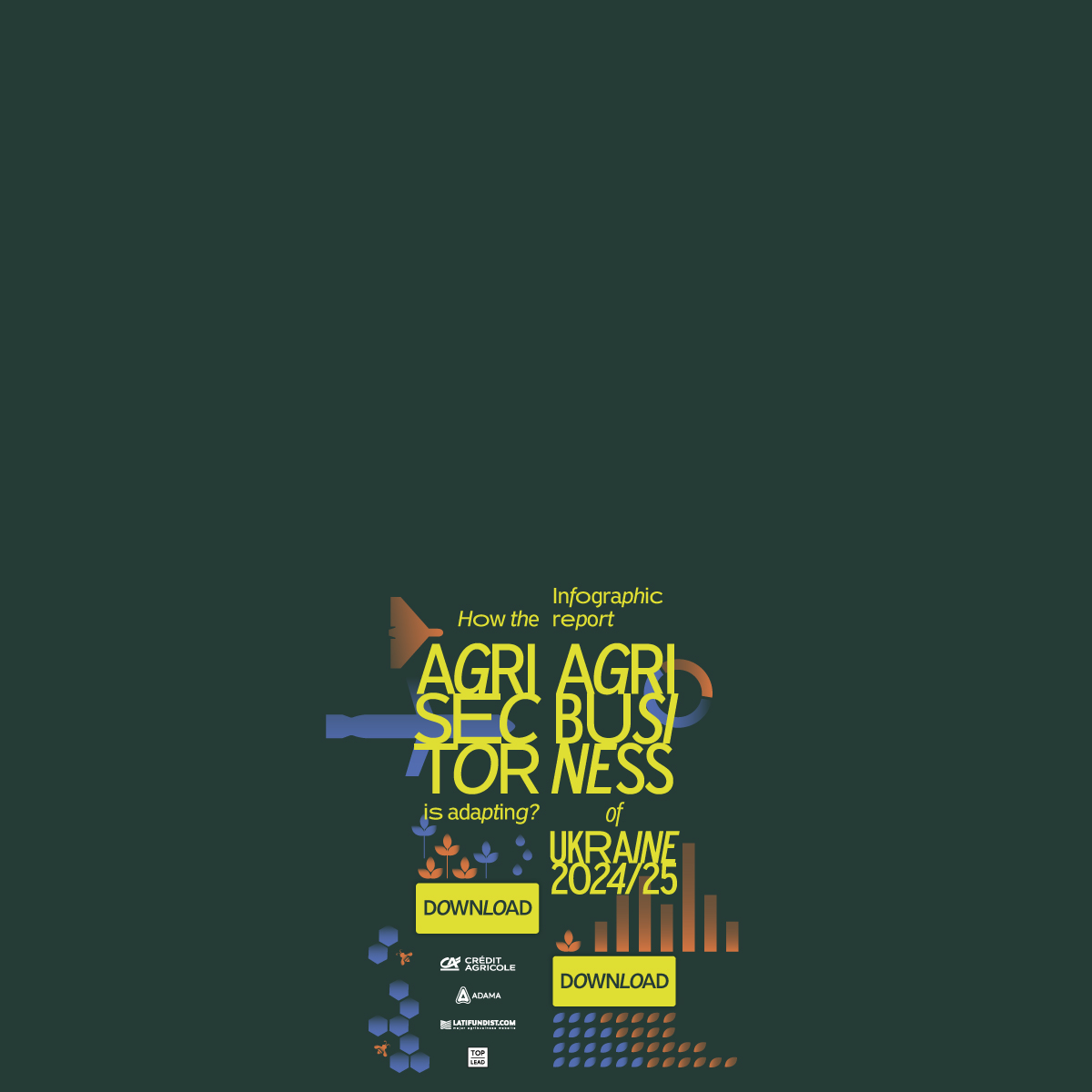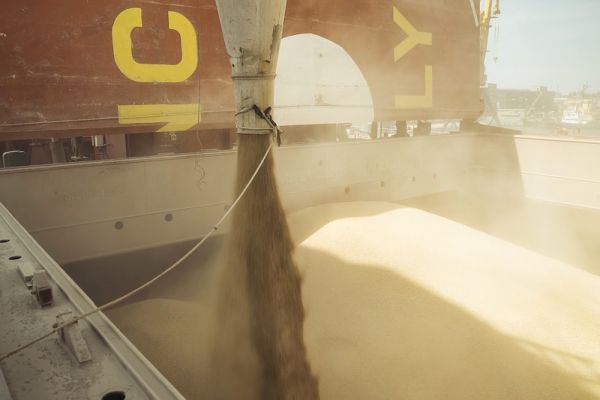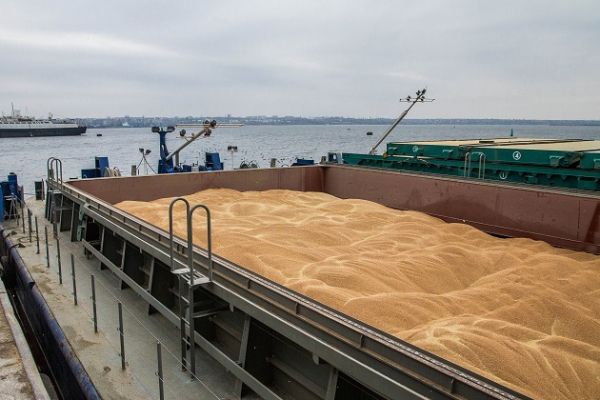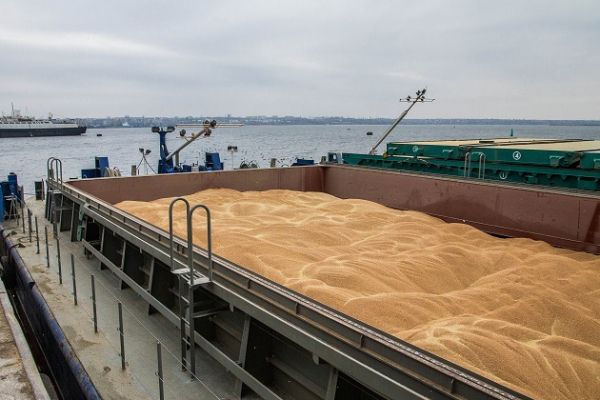Agro-Cargo Is Blocked? No Need to Panic, There Is a Way Out!
Arrests of agricultural products in ports are, unfortunately, a frequent phenomenon in Ukraine. Every export season, Interlegal is involved in solving at least a dozen of such cases.
And sometimes it's not just about arrests. Now there are often situations when the goods in the terminal or even on a ship are blocked by law enforcement agencies for various reasons without a court decision on the arrest. As a result, a responsible agroproduct buyer can not proceed an export operation or pick up his goods on a chartered ship or transport it to his customer abroad. Such blocking is usually accompanied by significant losses for all participants in the delivery and transportation due to unplanned storage in the port, the idle time of the vessel or containers, breach of contract obligations, damage of the goods etc.
On the verge of absurd
It is clear that there are real reasons for imposing an arrest on agro-cargo. But everything would work out, if there were no violations by the controlling bodies themselves. Sometimes there is a deliberate inaction of customs in the process of the cardo registration. The reason for that is the formal requirements of law enforcement and customs authorities (written, and in some cases oral) about repeated inspections, seizure of goods, transfer to safe custody without proper legal grounds, etc.
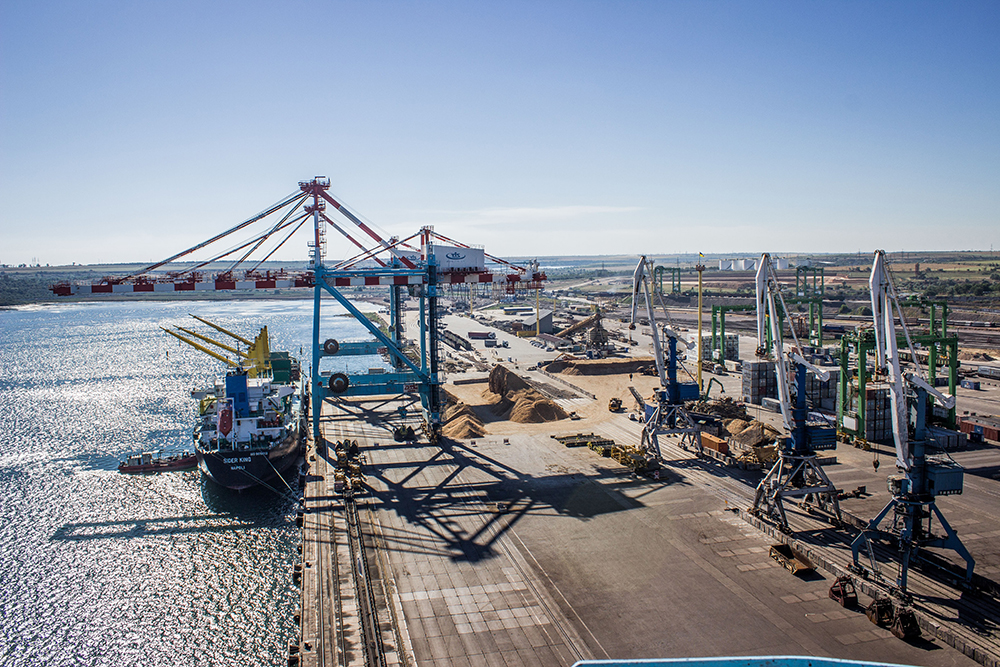
In the number of cases, we faced illegal seizure of agricultural products, which is regarded as material evidence or even an instrument of crime (!). In our practice, there have been cases of arrests cancellation where the agricultural goods harvested in 2017 were arrested because they allegedly kept traces of the crime. In this case, the circumstances that were the subject of investigation in this criminal case happened ... in 2015. What evidences of the crime committed in 2015 the authorities wanted to find in goods harvested in 2017, remained a mystery for us and for the judge who had to cancel the arrest.
Scare tactics
In most cases, law enforcement officers try to fight unscrupulous traders by blackmailing responsible buyers.
The scheme is simple: no matter who the seller or the buyer is, it is better to arrest the goods in the port, and preferably on the ship. Then the one, who has more losses, will come and look for any way to reduce them.
In such cases, the trader, who cares about the cargo, will at least give information about the suppliers, tell how to find the responsible persons, or will offer something for the release of the goods, and as a result to get into the "complaisant" lists. In this case, the probability that the situation will repeat in the following contracts, naturally, increases.
In Interlegal we firmly believe, and our experience proves that the more principled the supplier, the buyer or another participant in the transportation/delivery of goods is in defending their position, the less is the chance to face a problem in the next season, or at least it is possible to solve it with minimal losses.
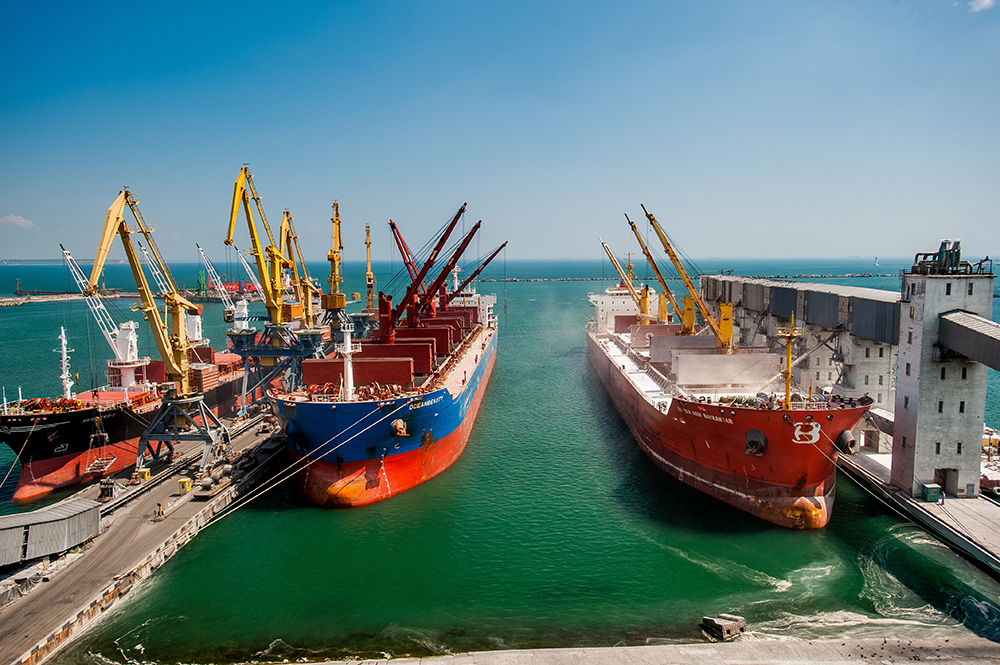
When will the arrest be issued?
It is extremely difficult to predict that your cargo can be arrested during a certain delivery. At the same time, unscrupulous sellers try to evade the return of foreign exchange earnings, and there are many "schemers". And since the export of agricultural products is one of the popular ways to introduce the currency into the country, the attention of law enforcement agencies, and, accordingly, the number of criminal cases is constantly growing.
One of the mechanisms for reducing risks is the constant monitoring of relevant databases and state registries in order to avoid the purchase from unreliable suppliers. To do this, large traders have security services or one can appeal for help from third-party companies. For our clients, we, from time to time, conduct such analysis of specific deliveries.
However, it sometimes happens that criminal cases are "fresh", and then the only way to avoid losses or maximize their reduction is to quickly counteract the difficulties that arise when processing exports. One should not waste time. If in the past years the arrested property could be lying on terminals for months, in 2017 we repeatedly face attempts to "undercover" the sale of agricultural products to clients within criminal trials. Moreover, there are already examples of successful sales of goods in a similar situation. So the price of delay can be extremely high.
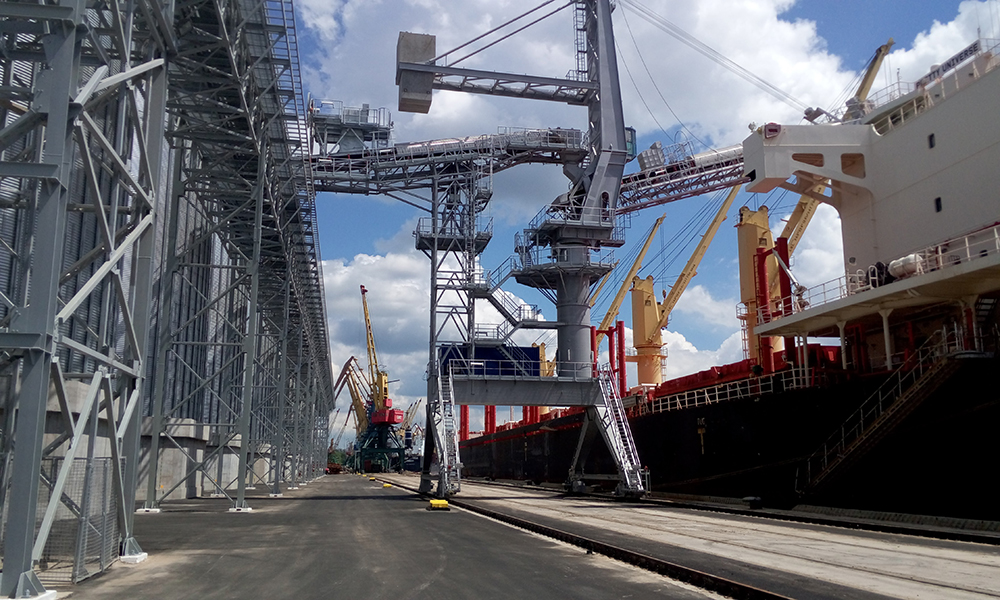
Rapid response to the situation and timely appeal for legal assistance usually help protect property and secure the export of goods. The very determination of the owner of an agrarian cargo to protect his property to the end, as well as the readiness to promptly provide lawyers with all necessary documents and information, is extremely important here.
Risk factor
As for markers that help foresee a possible arrest, one of them may well be the requirement of customs inspection of goods, based on a verbal request and/or "letters" from the SFS, GPO or SS of Ukraine simultaneously with obvious slow progress in implementing such procedures. One more marker is any letters, inquiries or requirements regarding the goods and suppliers who were involved in criminal cases or procedural actions in the chain of delivery.
Practice
Interlegal lawyers do not use any corruption mechanisms in their work. Sometimes our colleagues and clients do not understand this practice. In addition, it costs us much more effort in the courts, since we have to prepare 2-3 counter-arguments against each argument of the state representative. All our arguments are based on the law, the practice of international trade and logistics that our experts perfectly understand. However, we think that the stereotype "all judges are bribe takers" is greatly exaggerated. In most processes, the judges are compelled to listen and hear us. Sometimes we argue, and sometimes we help judges understand the details of the international trade and explain the meaning of terms and documents. But we know that the more professional the judges are, the more demanding they are towards the crime investigators who petition them for new arrests.
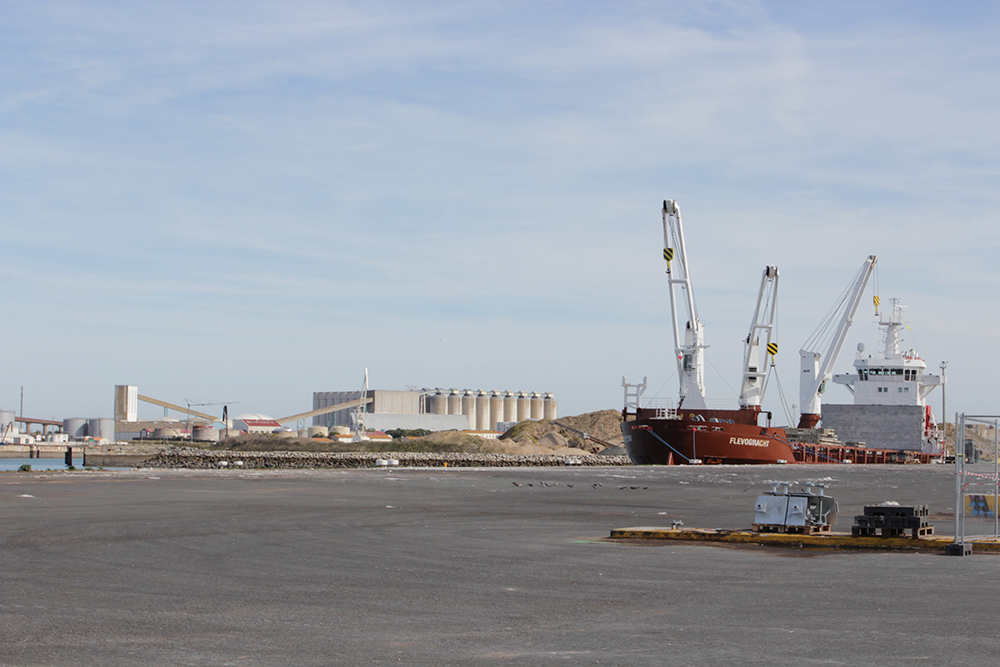
It should be noted that we not only beat off arrests. For example, we have one of the world's largest practices of arrests of ships for maritime claims. And as part of this practice, we successfully arrest ships, justify the need for such a procedure to judges and help our clients, including traders, protect their interests in cases of violations by shipowners. For example, recently we tracked down a ship that had previously violated the terms of the charter of one of our customers that led to losses for the freighter. We had to arrest it in one of the Ukrainian ports, thus, the shipowner had to compensate the losses, including the cost of arrest and our fee.
Of course, we see and understand that the number of improper and even absurd arrests of goods in ports does not decrease, which means that someone pays and probably pays a lot. It is possible that these are the same suppliers that trade with dubious schemes and consider this a fair price for their methods of running business.
To solve the problems with the arrests of agrarian cargoes, this year Interlegal has prepared a new legal product. The system allows filing complaints and allegations against unreasonable arrest within a few hours after its imposition by preparing all the necessary documents in advance in case the mentioned "markers" occur. The product is aimed at significant increasing the efficiency of providing advocate support and reducing the probability and/or amount of losses of traders.
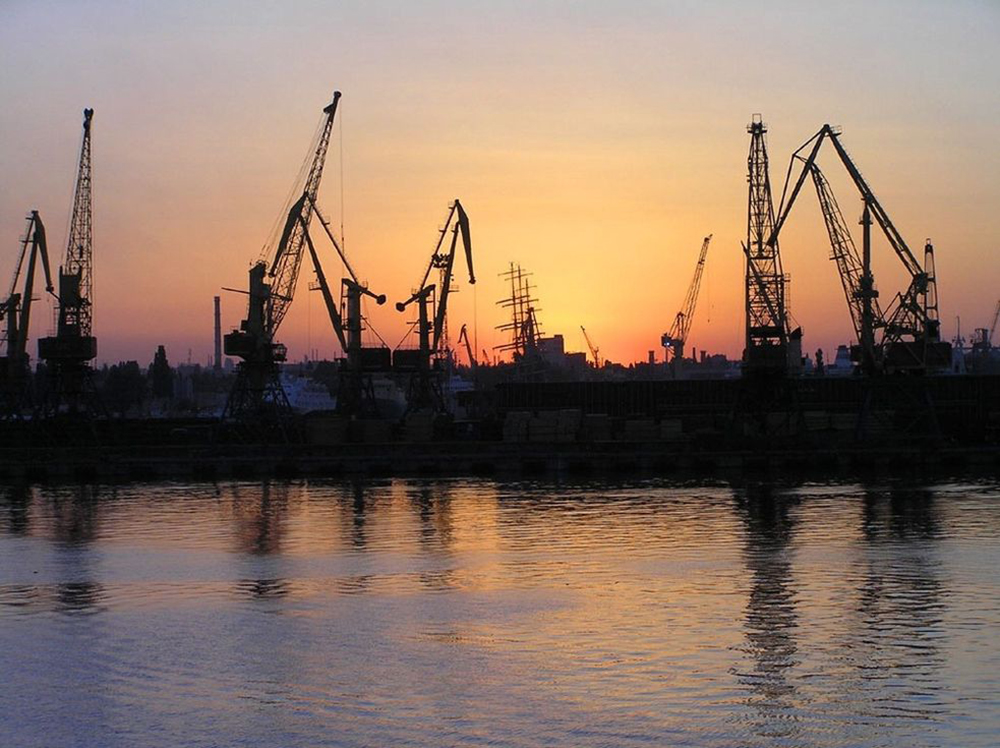
Once again, we emphasize that only time efficiency in analysis, decisions and actions, as well as an expert understanding of the international trade and logistics processes, allow us to forecast the development of the situation several steps ahead and successfully fight illegal actions of law enforcement bodies. After all, the mission of Interlegal is to be useful to businessmen specializing on shipping, transportation and international trade in running their business in an honest way.
Artem Skorobogatov, partner at Interlegal
